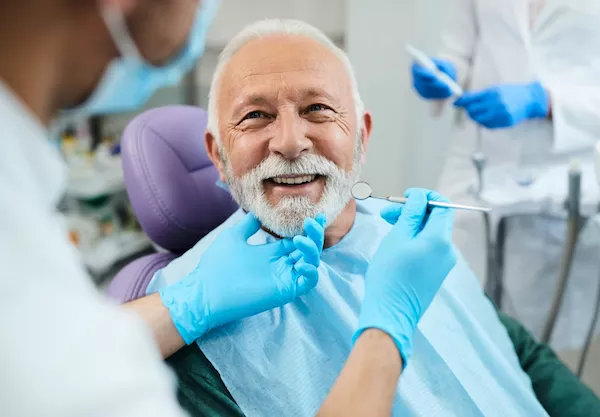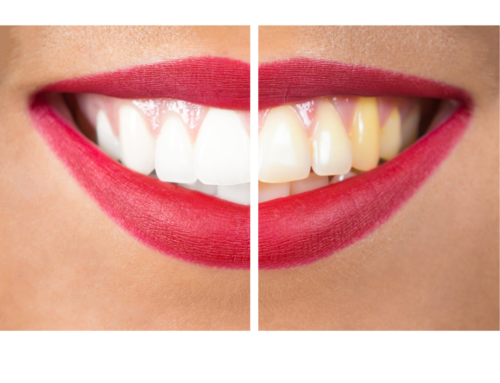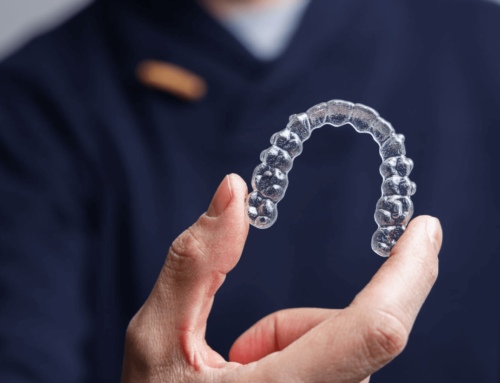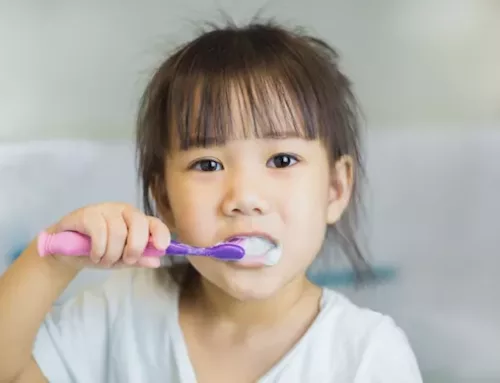Common Dental Concerns and Solutions for Seniors
Dental health is essential to your overall health and well-being, and when you’re an older adult, it’s important to be mindful of the potential dental issues you may face. As you age, you’re likely to be more susceptible to various dental problems because of the aging process itself, your lifestyle choices, medication use, and past treatment options. Some common dental concerns and their solutions are highlighted here.
Xerostomia (Dry mouth)
Xerostomia refers to dry mouth, a result of decreased saliva production. Older adults are more susceptible to dry mouth as salivary flow decreases with age. A dry mouth can increase your risk of tooth decay, as well as make swallowing and speaking difficult. Your dentist might use saliva substitutes or special rinses to treat dry mouth. Some systemic diseases or medications can cause dry mouth, so it’s important to consult a doctor or dentist about various underlying causes and address them whenever possible.
Tooth Decay and Cavities
As you age, your teeth become more prone to decay due to a variety of factors, the dry mouth condition mentioned above being one of them. Additional risk exists in the likelihood you have fillings or other dental work that can harbor bacteria. You could be more likely to have difficulty effectively cleaning your teeth due to pain from conditions like arthritis. There may be times a filling is needed to restore your tooth in the event of decay and cavities. Continue to practice good oral hygiene by brushing and flossing teeth at least twice daily and keeping routine dental check-ups and cleanings.
Gum Disease
Gum disease is a common condition affecting older adults. Statistics show that 68% of adults over 65 years have gum disease, two out of every three. The primary cause of gum disease is the accumulation of plaque, a film of bacteria that forms on your teeth. As you age, your gums can recede, exposing more of your tooth’s root, making it more susceptible to decay and infection. Additionally, as an older adult, you could be more likely to have underlying health conditions that can affect your gums, such as diabetes. To prevent and treat gum disease, you should practice good oral hygiene, including daily brushing and flossing along with routine visits to your dentist for check-ups and cleanings. Detected early, gum disease may be treated with deep cleaning procedures known as scaling and root planing. More advanced cases could require surgery.
Tooth Loss
Almost one in five adults over 65 years have complete tooth loss, a number which continues to rise as your age increases. Tooth loss can occur for a variety of reasons, such as advanced gum disease, decay, and trauma. You may also be more likely to have missing teeth due to a lifetime of wear and tear or previous dental work such as extraction. Different treatment options may be recommended depending on the cause and severity of your tooth loss. For example, a root canal or extraction may be needed if your tooth loss is caused by decay or infection. Options such as bridges, dentures, or dental implants might be recommended to replace your missing teeth.
Oral Thrush
This fungal infection can occur in the mouth, and you may be more susceptible to it if you have a weakened immune system or use certain medications. Dentures can also be a source of fungal infections as fungi can grow on poorly cleaned dentures. Oral thrush is usually treated with antifungal medication. Dentures should be properly cleaned regularly to prevent the development of oral thrush.
Denture Problems
In addition to the risk of oral thrush mentioned above, dentures can also lead to sores and infections caused by an ill-fit. Stomatitis is another risk caused by dentures. This condition is an inflammation of the tissue under the dentures because of poor oral hygiene, wrongly fixed dentures, or a build-up of fungus in the dentures. To prevent and treat denture-related problems, you must be sure your dentures fit correctly and clean them regularly to avoid bacterial build-up. If a denture is causing irritation or infection in your mouth, it may need to be adjusted or replaced.
Conclusion
Dental concerns such as gum disease, tooth loss, and tooth decay are common in older adults and can significantly impact your overall health. However, by practicing good oral hygiene, eating a healthy diet, and being aware of the potential side effects of medications, you can take steps to protect your teeth and gums from harm as you age. Regular check-ups with your dentist and addressing any dental problems as they arise are essential in maintaining good oral health and overall wellness as you age. If you’re in Southeast Michigan, take optimal care of your teeth and gums by working closely with the preferred dental team at Novi Oaks Dental. Offering state-of-the-art technology and quality patient care, this reputable dental office performs a variety of dental services and procedures for older adults that will have you enjoying the benefits of good oral health throughout your golden years. Call today!







